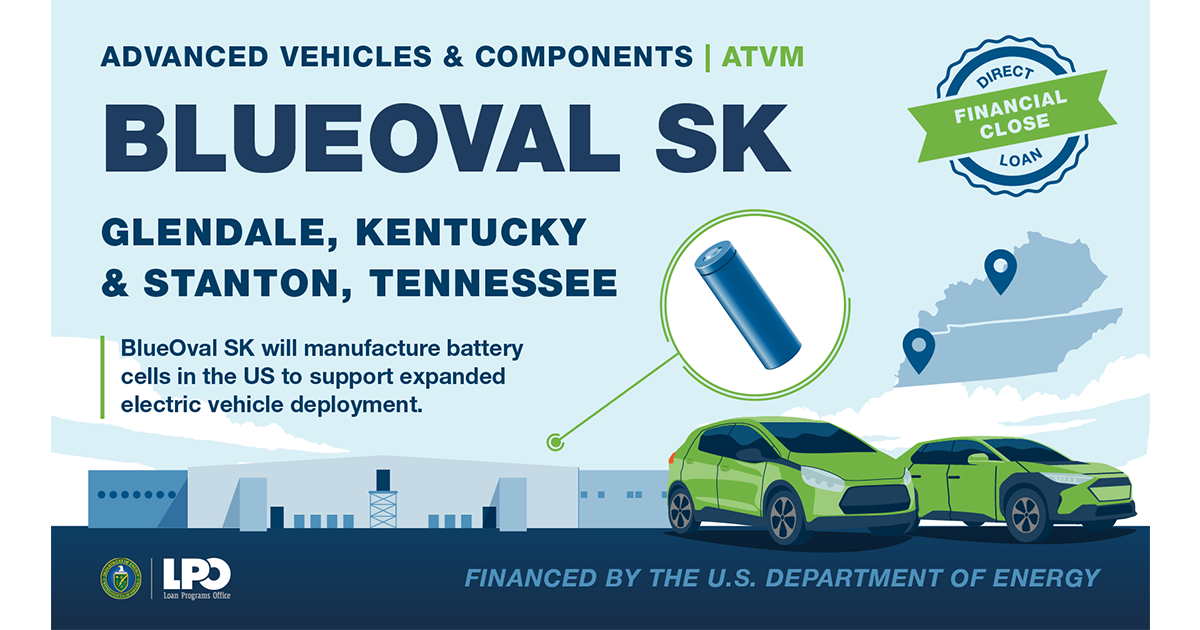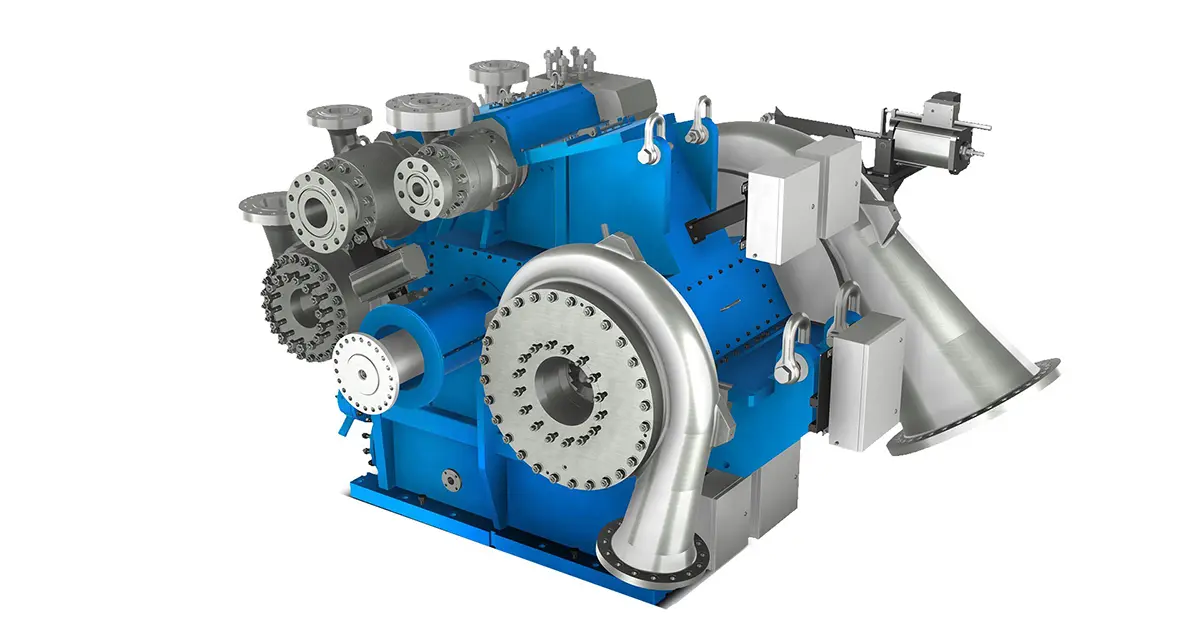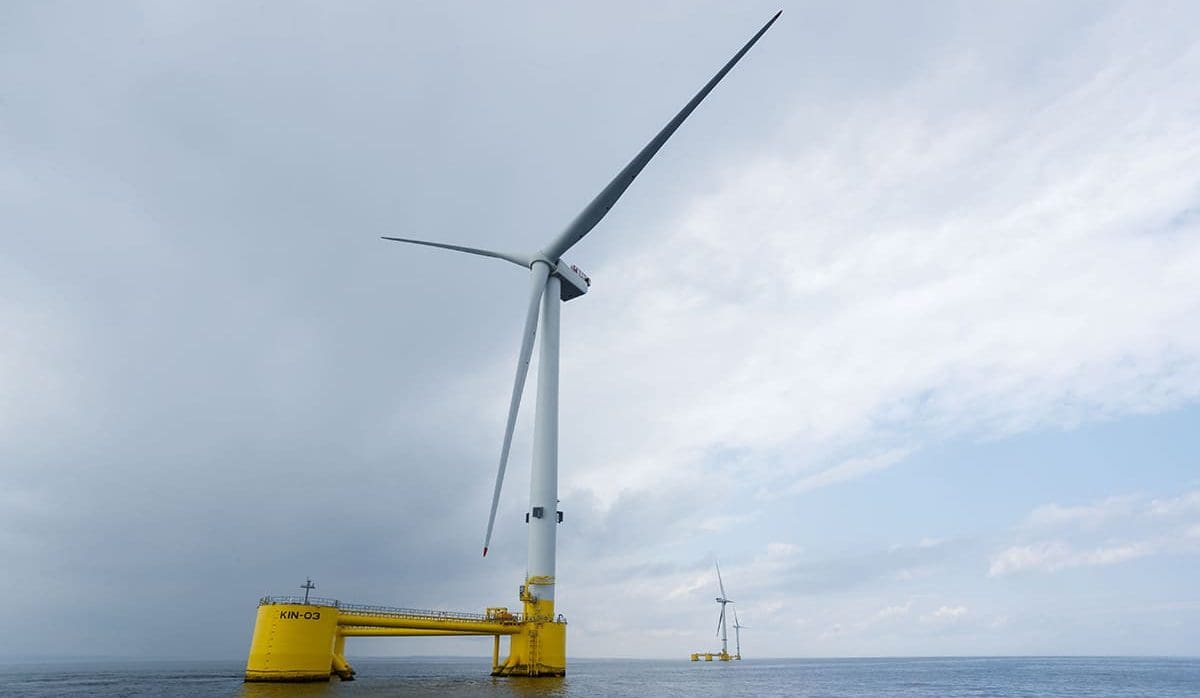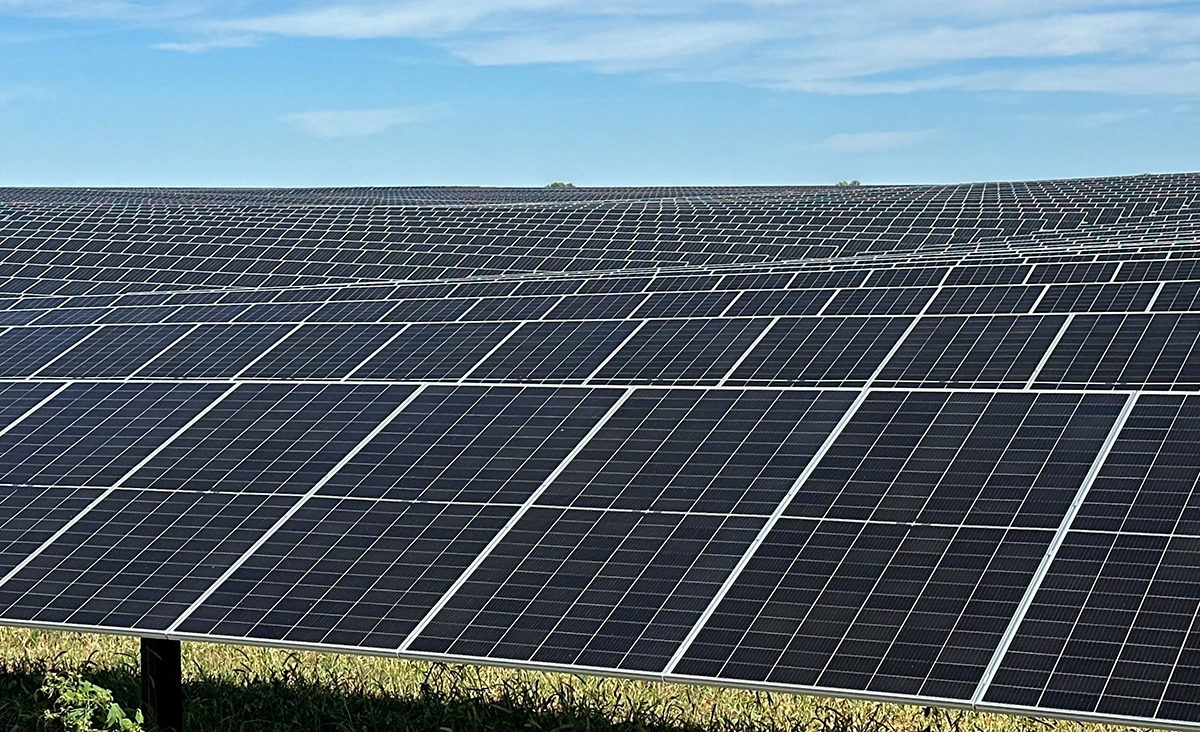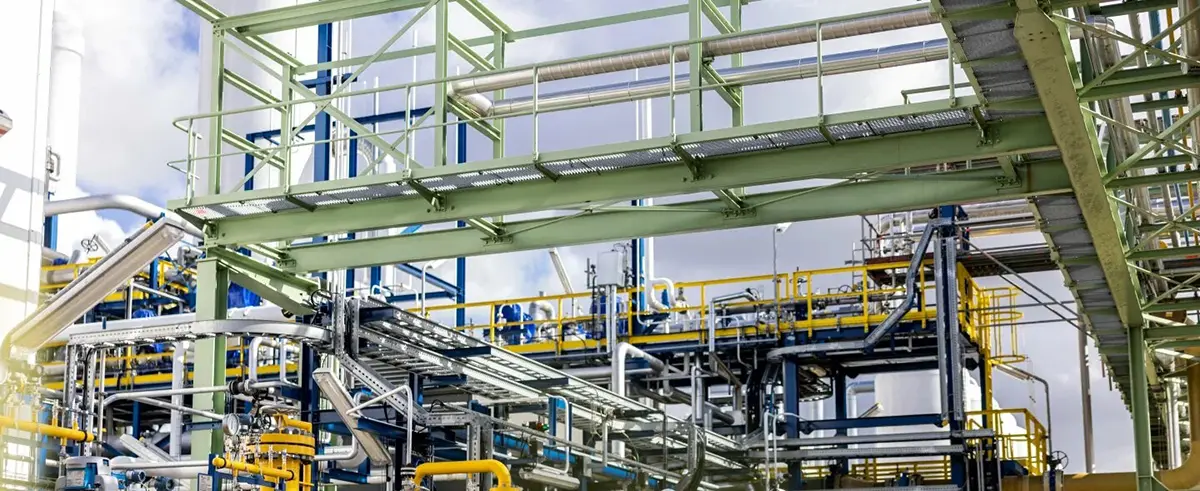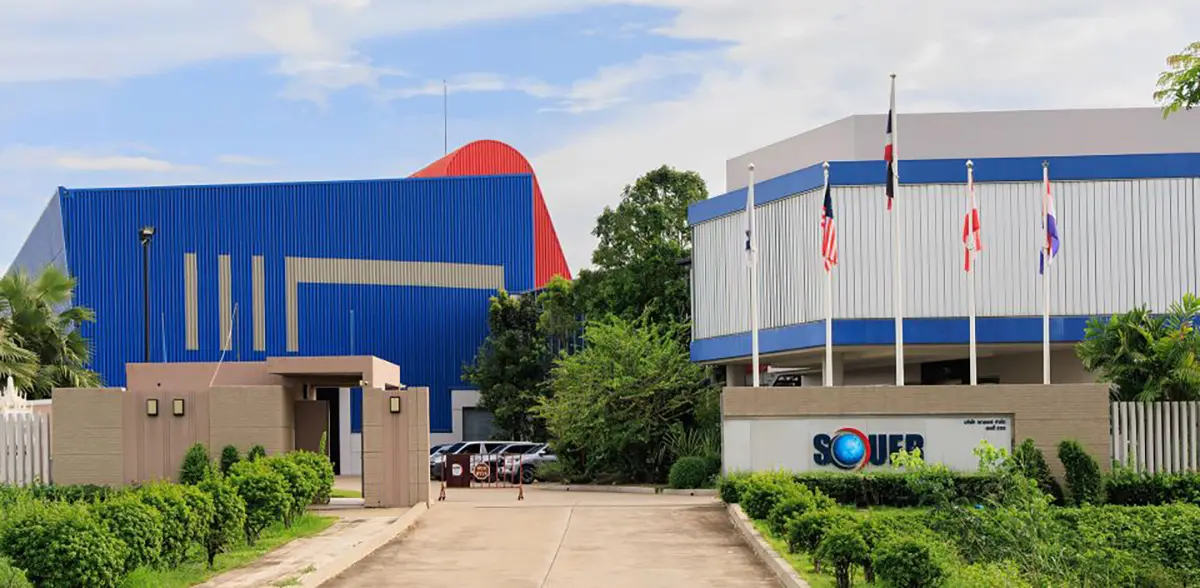
Honeywell And Repsol To Collaborate On Renewable Fuel Development
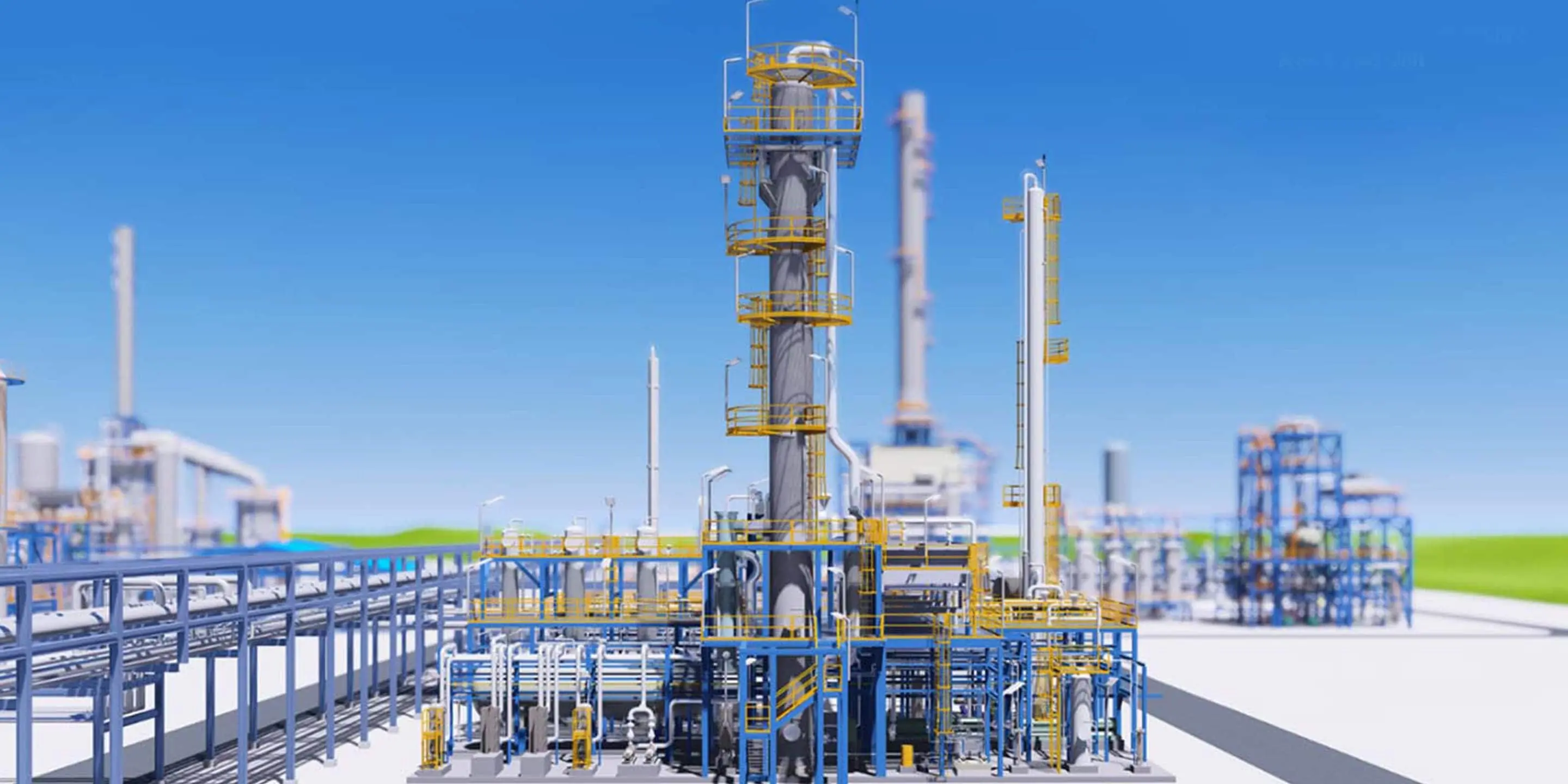
Honeywell and Repsol will collaborate to create new production pathways for biofuels and circular materials. The two will also explore the possible integration of these methods into Repsol’s existing facilities.
The companies plan to scale and commercialize Honeywell’s technologies, which use various wastes like fats, oils, greases, biomass, and solids for chemical production and renewable fuels at Repsol’s refineries. Their goal is to produce different biofuels, including sustainable aviation fuel (SAF) and renewable diesel, while making use of existing refinery assets.
Repsol is also analyzing the deployment of Honeywell’s UpCycle Process Technology, which turns waste plastic into Honeywell Recycled Polymer Feedstock for new plastics. According to Honeywell, it can recycle diverse plastics like colored, flexible, multilayered packaging, and polystyrene. When used in conjunction with other chemical and mechanical recycling processes – along with improvements to collection and sorting – Honeywell’s UpCycle Process Technology has the potential to help create the capability to recycle nearly 90% of waste plastics. This would represent a considerable increase in the amount of waste plastics that can be turned into polymer feedstock.
The two companies have a history of successful cooperation in various areas, such as licensing and developing petrochemical units, catalysts, technical support and troubleshooting, digitalization and technology. In 2023, Repsol selected Honeywell’s Ecofining technology to make renewable fuels from sources like used cooking oil and waste animal fat at its plant in Puertollano, Spain. This technology was developed and commercialized jointly by Honeywell in collaboration with ENI S.p.A. Repsol is building this plant to produce about 240,000 MMTPA of renewable diesel and other products.

